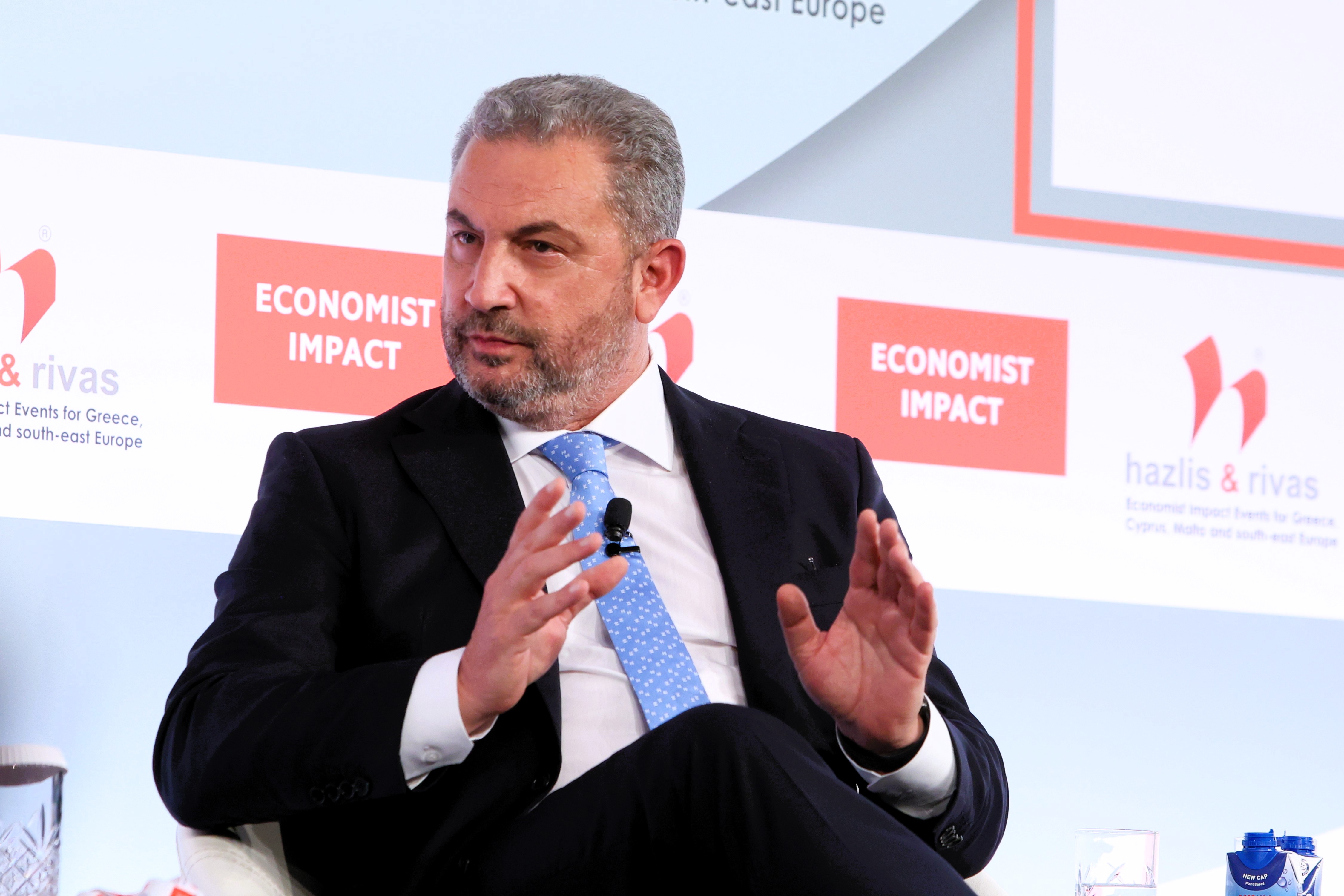In a discussion with former Italian Prime Minister and President of the Jacques Delors Institute, Enrico Letta and Economist editor and analyst Joan Hoey, Mr. Exarchou noted that during the debt crisis the citizens of the countries of the South shouldered an unbearable cost without, however, having any decompression mechanism, with the result that their economies, and especially that of Greece, will be off the investment map for a long period of time.
The head of Intrakat emphasized that now Greece is coming back dynamically to the fore, after a huge effort, regaining the investment grade. However, he emphasized that the gap with the rest of Europe remains large, citing as an example the fact that Greece spends huge resources on National Defense, which are poorly counted in the deficit due to the strict fiscal rules of the Eurozone, without at the same time the country to enjoy European protection in this matter.
In addition, added Mr. Exarchou, Greece, like the other countries of the European South, suffered the effects of the Russian invasion of Ukraine and today they face the greatest inflation of the last decades. Nevertheless, he noted, the management of the consequences is left to the discretion of the member states, without any common European mechanism to support the weakest countries, observed the head of Intrakat.
Rising interest rates
As an example of this asymmetry, Mr. Exarchou compared the way Europe handled the pandemic - where common pan-European solutions were given - with the one approaching the issue of rising interest rates and inflationary pressure on products and services, where each state – member is asked to deal with it alone.
Thus, he concluded that Greece, like other countries of the European South, participate in a hard currency and are controlled by the monetary and fiscal policies of the Eurozone, but at the same time they are called to respond with their own means to inelastic needs and crises, for the which are not responsible, thus perpetuating inequalities within the European Union. And he concluded that Europe must decide whether it wants a real Union - in a federal form - or not, as it is not possible to leave especially vulnerable countries without substantial support and protection.















